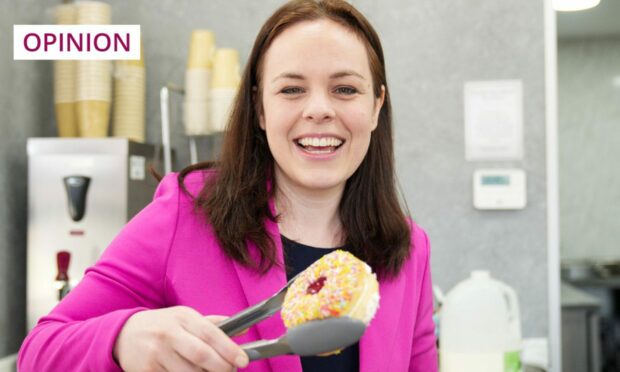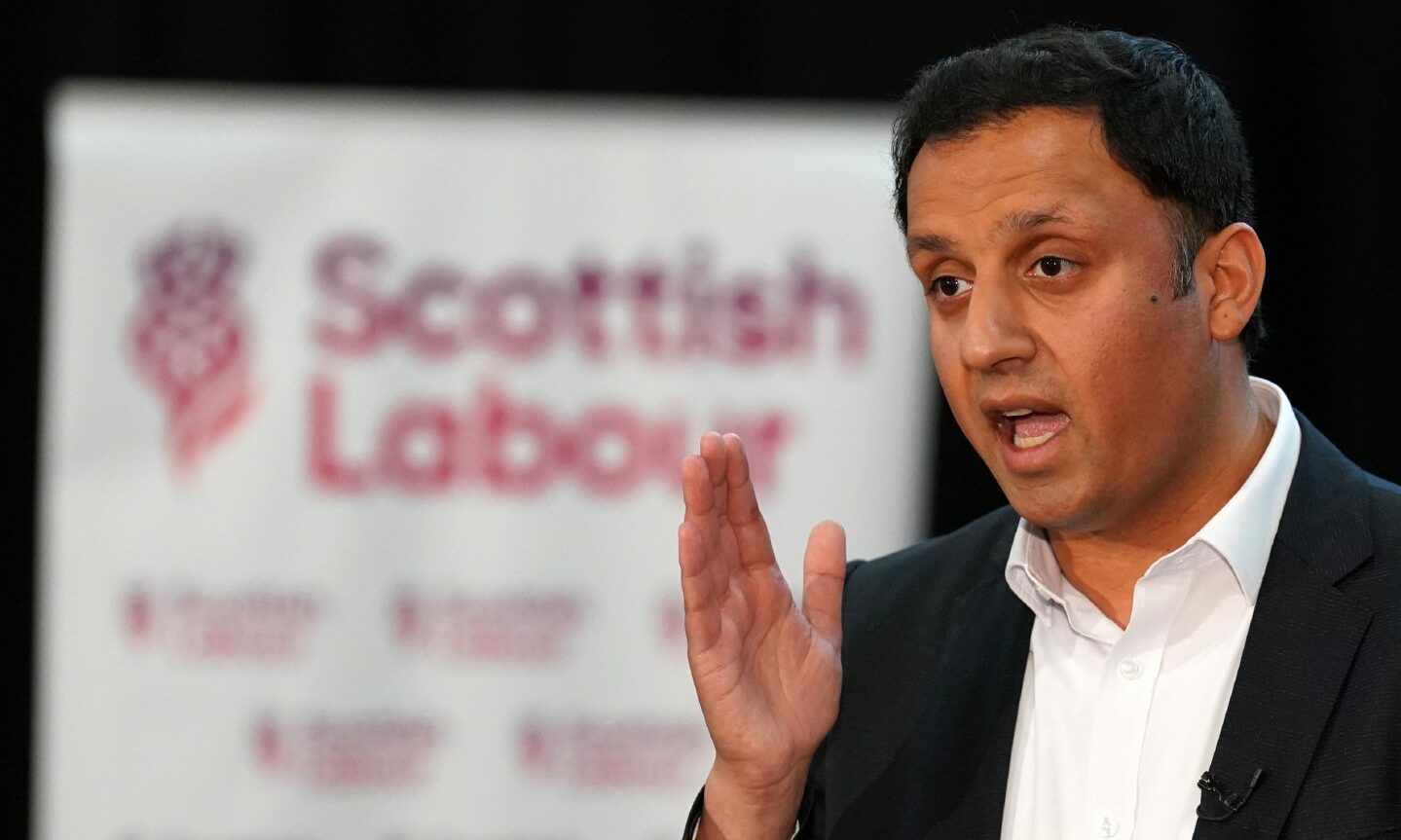Kate Forbes does not enjoy the support of a majority of her parliamentary party, and that could have surprising knock-on effects, writes James Millar.
Cards on the table. I hope Kate Forbes is SNP leader this time next week.
Solely from a journalism point of view, it’ll make for cracking copy to sit back and watch the shambles unfold.
Forbes does not enjoy the support of a majority of her parliamentary party. That’s a recipe for disaster, as evidenced by the unhappy tenures of Jeremy Corbyn leading Labour and, more spectacularly, Liz Truss’s brief turn as prime minister.
What’s entirely remarkable is that the SNP, a party famed for good governance and good government, is flirting with the idea of actually electing a leader who is unfancied by most of her fellow MPs and MSPs. It’s not like they don’t have a playbook to work off: Labour and the Conservatives are still wrangling with the fallout from the dreadful decision-making of their party members.
However, if I’m licking my lips at the prospect of Forbes becoming first minister, others are salivating in a frankly unseemly manner. Scottish Labour, in particular.
 Anas Sarwar may be a lucky politician. And that’s an invaluable quality in politics.
Anas Sarwar may be a lucky politician. And that’s an invaluable quality in politics.
After years of apparently giving everyone a go at being leader – including the point at which they seemed to be down to picking between Richard Leonard or a balloon on a stick, and still made the wrong choice – they alighted on Anas Sarwar, just short of the last Scottish election. He was perceived as having a good campaign, yet still dropped seats.
Now, conventional wisdom says he’ll have a decent general election due to a combination of Keir Starmer’s UK appeal and the wheels coming off the SNP’s election winning machine. Should he fail to capitalise, then he’ll surely be jettisoned too, and the balloon on a stick will get its shot.
Kate Forbes could push some Scots back to Labour
There are all sorts of numbers bandying about. Bear in mind that Labour currently has just one Scottish MP. So, reaching double figures at next year’s general election would represent both a giant leap and an achievable target.
However, should Forbes be FM, there’s an anticipation that Scotland’s Central Belt will shun her conservative views and Conservative policies and return to the Scottish Labour fold.
The thinking is that there is no way Labour can win 18 seats in Scotland. They either flop or win big. If they get past 12 or so, then they are into a swathe of central seats that share a similar make-up and electorate, and they could take the lot, hitting as many as 30 and emerging as the largest party in Scotland for the first time since 2015.
Logically, mathematically, electorally, that scenario isn’t that much of a stretch. Certainly, their opponents are taking such an outcome seriously. And those sort of numbers spring Labour from requiring some kind of Westminster electoral pact with the Lib Dems in order to govern, to a majority of their very own.
The block on that progress is the same thing that may scupper the party across the UK – as Starmer seems to be largely relying on voters to reject the Tories rather than embrace Labour, so Sarwar looks like he’s banking on SNP chaos to drive voters away rather then actively drawing them to his cause.
And, of course, there’s one policy that still cuts across what Westminster regards as normal political lines: independence.
Independence question won’t disappear
As long as Labour remains resolutely pro-union, can it really draw away those who identify as supporters of independence? If people’s Yes or No identities trump all others, and there’s some evidence that that’s the case, then it may be the Greens who capitalise on an SNP retrenchment.
Westminster watchers have trained their eyes on Bristol as the location most likely to return a second Green MP to sit alongside Brighton’s Caroline Lucas, but they would be wiser to look north of the border.
The Tories will go into the next election as stout defenders of the union yet again. And it’s on that basis that they are likely to fare better than some expect. One strategist told me recently that they anticipate holding all their Scottish seats at the general election.
Which is weird, given that Douglas Ross’s constituency is being redrawn out of existence. Maybe he’ll just keep turning up to Westminster and hope nobody notices.
Forbes is already talking about cutting tax, and that’s about all the Tories have left in the policy cupboard after 13 years in power at Westminster
They certainly won’t want to engage with an SNP led by Forbes on any policy grounds, for it’s likely she is going to essentially steal their clothes – she’s already talking about cutting tax, and that’s about all the Tories have left in the policy cupboard after 13 years in power at Westminster.
Whoever emerges as first minister next week, unprecedented change is coming to Scotland. But the outcome will have huge repercussions across the UK come polling day in 2024.
James Millar is a political commentator, author and a former Westminster correspondent for The Sunday Post













Conversation